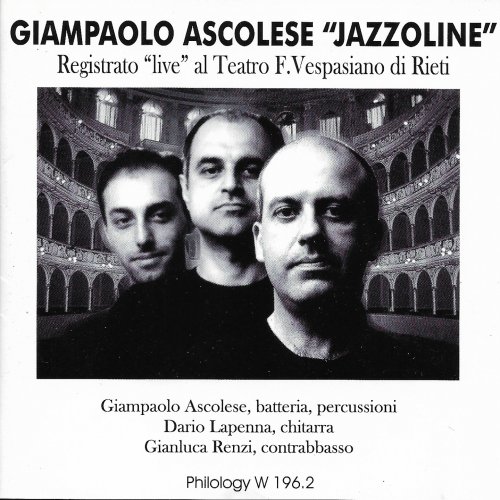Michal Stanikowski - Vienna - Guitar Recital (2011) [Hi-Res]
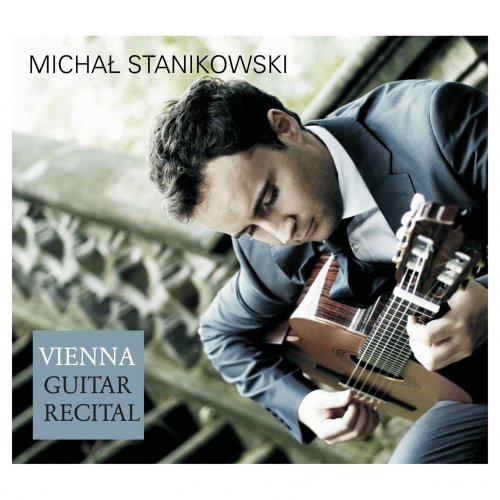
Artist: Michal Stanikowski
Title: Vienna - Guitar Recital
Year Of Release: 2011
Label: RecArt
Genre: Classical Guitar
Quality: flac lossless / flac 24bits - 44.1kHz
Total Time: 00:43:24
Total Size: 162 / 358 mb
WebSite: Album Preview
Title: Vienna - Guitar Recital
Year Of Release: 2011
Label: RecArt
Genre: Classical Guitar
Quality: flac lossless / flac 24bits - 44.1kHz
Total Time: 00:43:24
Total Size: 162 / 358 mb
WebSite: Album Preview
![Michal Stanikowski - Vienna - Guitar Recital (2011) [Hi-Res]](https://www.dibpic.com/uploads/posts/2020-03/1583406994_michal-stanikowski-vienna-guitar-recital-2011-back.jpg)
Tracklist
---------
01. Sonata romantica: I. Allegro moderato
02. Sonata romantica: II. Andante espressivo
03. Sonata romantica: III. Allegro vivo
04. Sonata romantica: IV. Allegro non troppo e serioso
05. Trois morceaux, Op. 65: 1. Fantaisie hongroise
06. Grand Sonata Eroica in A Major, Op. 150
07. Homenaje, "Le Tombeau de Claude Debussy" (version for guitar)
'Vienna. Guitar Recital' is an album featuring guitar music very popular in the Viennese bourgeois salons in the mid-nineteenth century and composed later but inspired by what has happened musically in the era of romanticism in Vienna. On the album you can listen to music of guitar virtuoso MauroGiuliani ('Gran Sonata Eroica') and Johann Kaspar Mertz (on the album's 'Fantaisie Hongroise').
The twentieth century brings unusual guitar neo-romantic four-part 'Sonata Romantica', by Manuel Maria Ponce. As a foretaste of the next, already planned album of Michal Stanikowski with modern music there is the composition on the guitar of Manuel deFalla 'Homenaje'.
In 1800-1860 the guitar enjoyed high popularity in the Vienna bourgeois salons. Guitar virtuosos such as Mauro Galiani or Johann Kaspar Mertz were at the peak of their success and fame. It is not certain whether Franz Schubert played the guitar as well, however, it is beyond doubt that he owned a guitar. In 1824, at the initiative of his publisher, his song cycle “Die Schöne Müllerin“ was transcribed for the guitar and also published. It marked the beginning of numerous guitar arrangements of Schubert’s music that were made by his contemporaries as well as by musicians of later generations.
Manuel Maria Ponce (born in 1882) has followed quite a different route. He composed his “Sonata Romantica” as a tribute to ”Franz Schubert, who loved the guitar”, thereby filling a poignant chasm in the instrument’s repertoire. Its third part, “Moment Musical”, constitutes a reminiscence of the famous “Serenade” by Schubert. Even though Ponce mostly refrained from using Schubertian themes and motifs throughout this four-part masterpiece, he managed to retain an emanating spirit of Schubert’s songs, Impromptus and Moments Musicaux, achieved through his song themes, dramatic expressions and typical modulations.
Schubert’s “Serenade” happens to be one of the songs transcribed for solo guitar by Johann Kaspar Mertz, a Viennese of his own choice. His “Fantaisie Hongroise“, in harmony with the spirit of the epoch, combines masterly rhapsodic passages with hungarian folk themes. This concerto masterpiece is a gesture of respect towards the composer’s hungarian roots.
In 1840, around the time when Mertz settled in Vienna, the “Gran Sonata Eroica” by Mauro Giuliani was published post-mortem. Giuliani, an acclaimed guitar virtuoso, fled the city in 1819 in most mysterious circumstances. The authenticity of the masterpiece, published so late, lacking an autograph and with its peculiar stylistic aspects, was often questioned. However, Giuliani himself announced the masterpiece to his publisher as great and genuinely innovative already in 1821. Regardless of the vague circumstances of the sonata’s origins, guitar interpreters had already delivered an unanimous verdict, deeming it one of the greatest works of Mauro Giuliani.
The only guitar composition “Homenaje” by Manuel de Falla performed by Michal Stanikowski serves as an introduction to his next CD that will contain 20th century guitar music. This short piece, dedicated to Debussy, is considered a breakthrough masterpiece that is a window on the 20th century guitar repertoire world.
Michal Stanikowski - the Polish guitarist graduated from the Academy of Music in Wroclaw, Poland, in the class of Prof. Piotr Zaleski. In Germany he continued his musical education at the University of Music Freiburg with Prof. Sonja Prunnbauer, at the University of Music Trossingen with Prof. Michael R. Hampel and the University of Music in Weimar with Prof. Ricardo Gallen. The award – winning musician Stanikowski received prizes at numerous international guitar competitions, for example in Velbert (Germany), Enschede (The Netherlands), Weimar (Germany), Sanok and Olsztyn (Poland). Furthermore he was awarded multiple scholarships for outstanding achievements, such as grants by the Polish Ministry of Culture and National Heritage, as well as the 'Young Poland' Foundation and the 'Yehudi Menuhin Live Music' Foundation. Michal Stanikowski performs as a soloist at many music festivals, he gives chamber music concerts, works together with chamber and symphonic orchestras, is a member of the jury of numerous guitar contests and conducts masterclasses. From a very young age on Stanikowski records for Radio and Television. In 2007 and in 2008 he released his first two albums in a great number of copies. (Prof. Michael R. Hampel)
(...)Particularly beautiful is the second part of the Sonata. Stanikowski managed to create a extraordinary atmosphere and pure beauty by playing the Andante Espressivo part in adagio tempo and giving it a uniquely sublime, almost metaphysical, character.(...)
(...)This young guitarist’s play is full of reflexion, slow-downs, held-up fermatas, with meticulously constructed form and atmosphere of the work.(...)
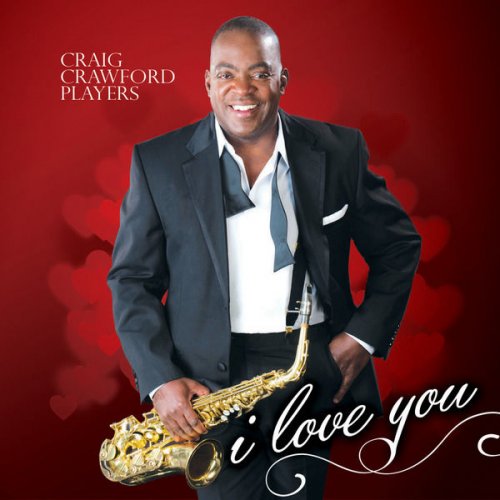
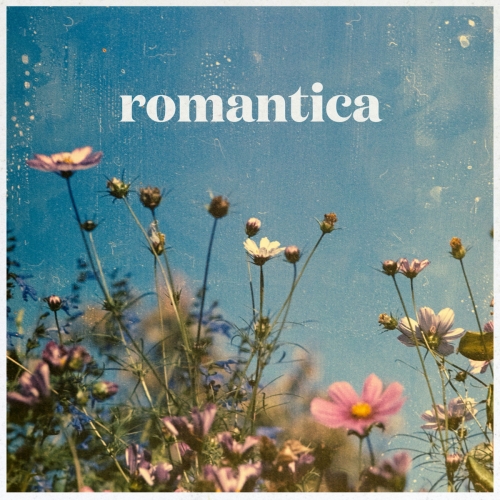
![Gal Golob - Gal Golob Trio Live at Jazz Cerkno (Live) (2025) [Hi-Res] Gal Golob - Gal Golob Trio Live at Jazz Cerkno (Live) (2025) [Hi-Res]](https://img.israbox.com/img/2026-02/09/0sr1cx835g04x8g6nfpgvtips.jpg)
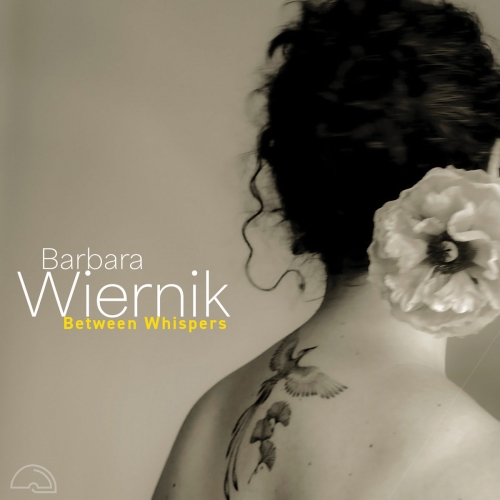
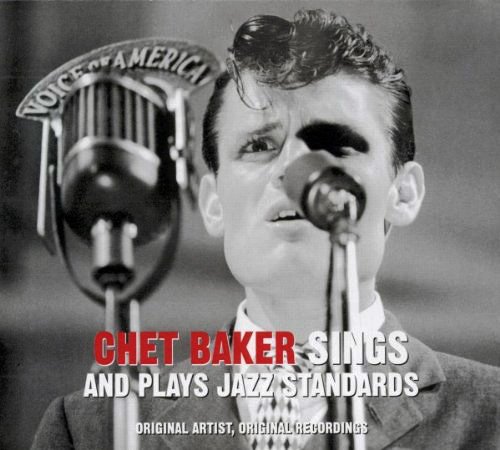
![Arti & Mestieri - D-Brane [Blu-Spec CD] (2025) Arti & Mestieri - D-Brane [Blu-Spec CD] (2025)](https://www.dibpic.com/uploads/posts/2026-02/1770627659_r-35759971-1766638983-3381.jpg)
![Bill Evans Trio - Sunday At The Village Vanguard (1961) [2023 DSD256] Bill Evans Trio - Sunday At The Village Vanguard (1961) [2023 DSD256]](https://www.dibpic.com/uploads/posts/2026-02/1770661877_front.jpg)
![Duval Timothy, CJ Mirra - My Father's Shadow (Original Motion Picture Soundtrack) (2026) [Hi-Res] Duval Timothy, CJ Mirra - My Father's Shadow (Original Motion Picture Soundtrack) (2026) [Hi-Res]](https://img.israbox.com/img/2026-02/08/80aewauty50xz1so2jl5bj7zq.jpg)
